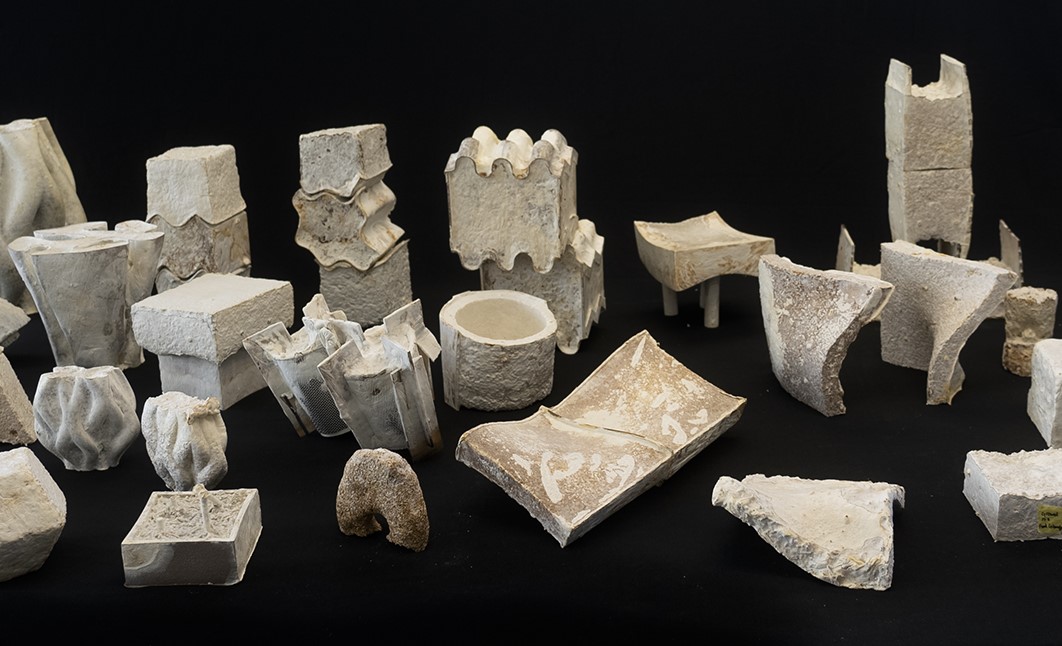These thread-like strands are called mycelium. As the vegetative part of a fungus, mycelium uses agricultural crop waste like rice husks and straw as catalysts for the growth of its network. This process requires no energy input and doesn’t generate extra wastage.
Mycelium-based bio-composite materials have already been applied to areas like construction, manufacturing, and agriculture. And researchers at UK-based PLP Labs have been part of a year-long experiment that explored the building capabilities of mycelium bio-composites.
Materials used in construction like steel and concrete aren’t biodegradable or renewable, unlike mycelium bio-composites which can be grown and harvested with minimal environmental impact. They are also lightweight, fire-resistant, and have good insulation properties, the team noted.
Source: Interesting Engineering















